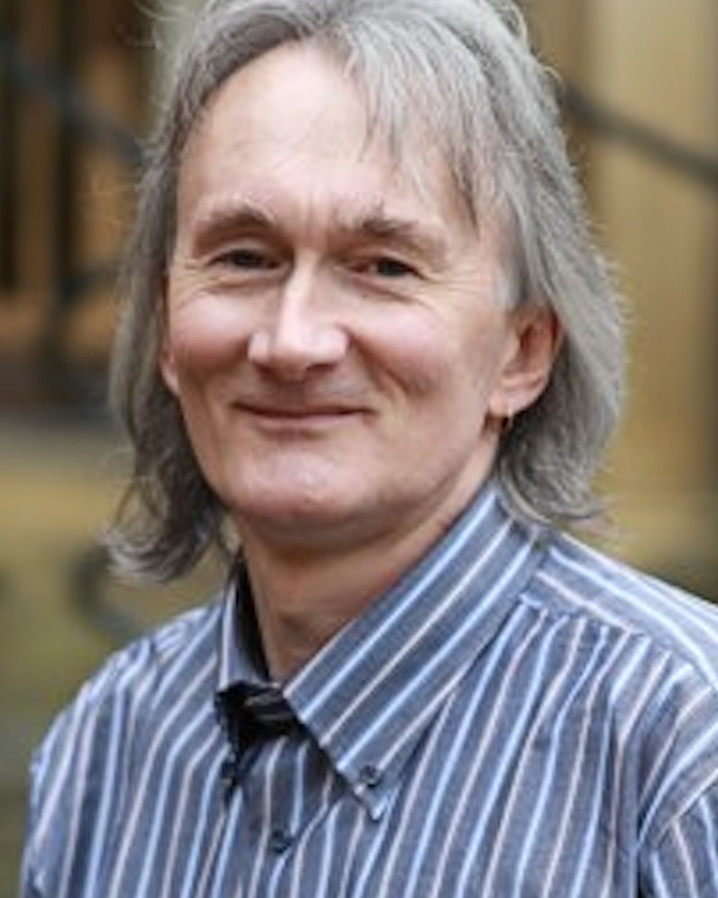
Quantum communication involves the generation and use of quantum states and resources for communication protocols. Typically, the underlying protocols are built on quantum random number generators (QRNG) for secret keys and quantum key distribution (QKD) for their secure distribution.
Both areas, QRNG and QKD, require a combination of new quantum technologies and encryption protocols for security and performance. There are a considerable number of issues which need to be resolved and with the significant progress being made in building quantum computers, it is more and more urgent to replace the currently deployed public-key cryptography communication systems with quantum-resistant counterparts.
In this first seminar, Communications Hub Director Tim Spiller will present a very brief overview of quantum technologies, the UK National Quantum Technologies Programme, and what the Hub team has achieved during the first five years of the Quantum Communications Hub. He will follow this up with an outline of plans for the next five years, addressing the high-level goal of secure quantum communications at all distance scales.
Professor Tim Spiller is the founding Director of the York Centre for Quantum Technologies and he is now also Director of the UK Quantum Communications Hub. Prior to this he was at the University of Leeds in the roles of Head of the Quantum Information Group and Director of Research for the School of Physics and Astronomy. Prior to 2009 Spiller was Director of Quantum Information Processing (QIP) Research at HP Labs Bristol – an activity that he established in 1995 – and a Hewlett-Packard Distinguished Scientist. He has spent 40 years researching quantum theory, superconducting systems and quantum hardware and technologies. He led HP’s strategy on the commercialisation of QIP research, is an inventor on 25 patents linked to quantum technologies and applications, and was additionally a consultant inside HP on networking, communications and nanotechnology.
Register for this event
Sign up to the mailing list here to receive emails detailing the joining instructions for this seminar, and future seminars in the series.
Please note: that if you have already signed up to the mailing list for previous seminars then you will be automatically included in correspondence for this and future events in this series. If you would like to be removed from the distribution list please email